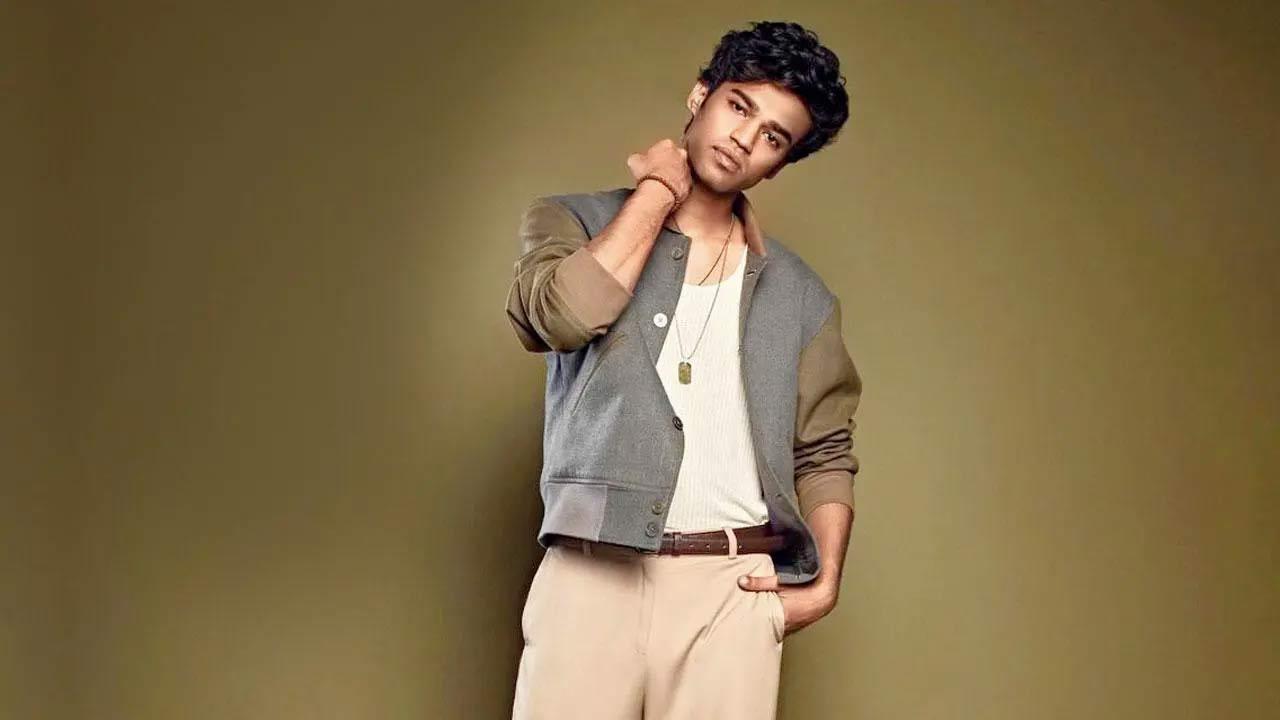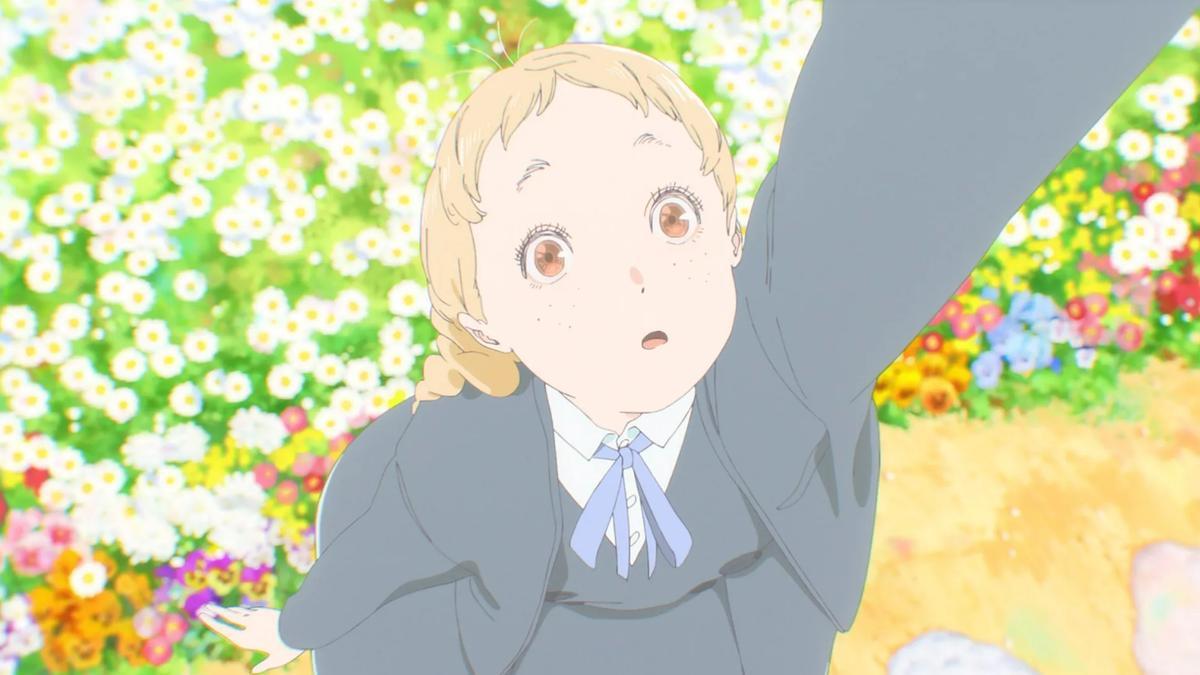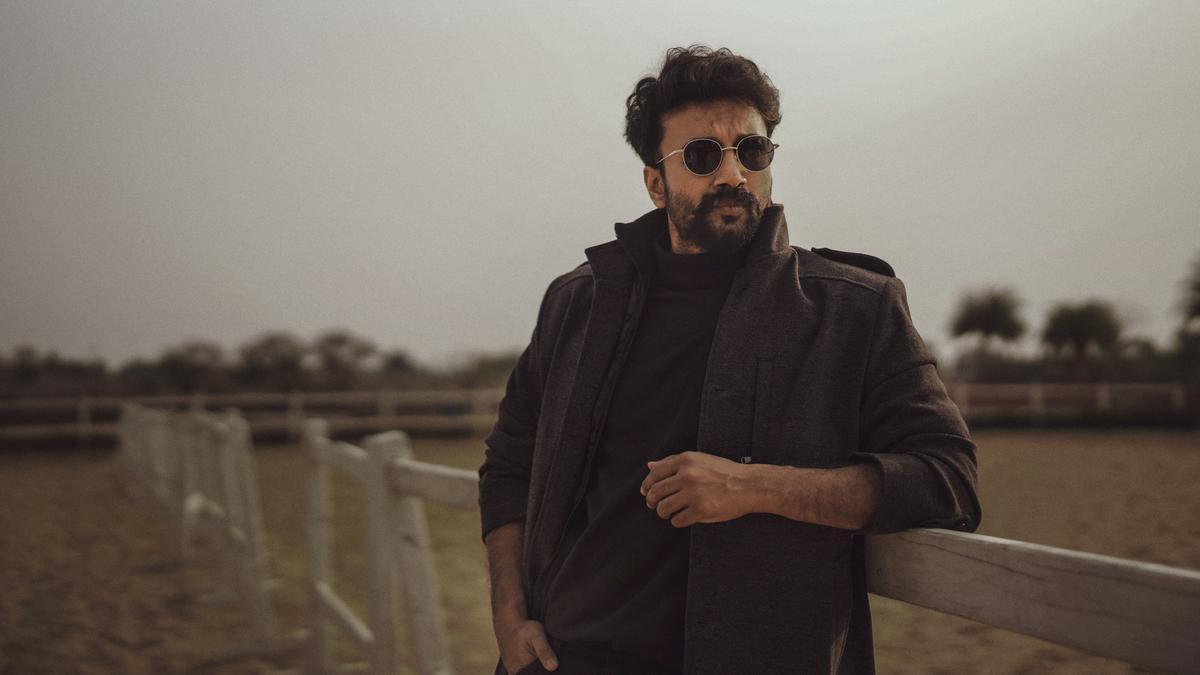
How far would you go for the sake of love? This question has anchored several relationship dramas in both literature and cinema. In the Telugu film “Darling,” written and directed by Aswin Raam and starring Priyadarshi Pulikonda and Nabha Natesh, the male protagonist finds himself in a muddle. His resolute expression makes it evident that he is willing to give it his all. Yet, the tension behind such a weakly established romance leaves viewers questioning why he doesn’t just walk away. The answers come in the late stages of the 161-minute film, however, by that time, it’s too little and too late to hold the audience’s interest.
Portrayals of psychological conditions such as dissociative disorder or multiple personality disorder have been frequent in Indian cinema. In the past, such characters have been the backbone of thrillers and vigilante dramas, most notably in director Shankar’s “Aparichitudu” (Telugu dubbed version of “Anniyan”). Aswin Raam’s story refers aptly to “Aparichitudu” to explain how, in that film, the central character takes on different identities, with styling making it clear to viewers which identity is in play. Reality, however, is different. Family members and spouses might struggle to identify the shifting identities of someone diagnosed with a psychological condition.
“Darling” is narrated from the point of view of Raghav (Priyadarshi), who, as a child, is told that only if he studies well can he dream of landing a well-paying job and finding a good wife with whom he can travel abroad for a honeymoon. He grows up rather naïve, nurturing the sole dream of a career and marriage as his ticket to Paris.
The first hour of the movie primarily narrates Raghav’s attempts to find the perfect partner, surrounded by friends who have a stereotypical notion about women and married life. When an unexpected turn of events introduces him to Anandhi (Nabha Natesh), the situation escalates swiftly, leading to their marriage. Unfortunately, Raghav knows next to nothing about her.
The gradual discovery of her psychological condition attempts to balance humor and seriousness but achieves neither convincingly. The presence of Nandini (Ananya Nagalla) as a psychologist ensures that Anandhi’s condition doesn’t become a butt of jokes among Raghav’s friends.
. However, the methods outlined to deal with the condition are blatantly cinematic and may not align with professional, medical approaches.
The film takes an excessively long time to establish its conflict point. Even after Raghav discovers what lies ahead, the narrative remains a meandering mess, attempting to unleash one comic situation after another, eventually becoming tiresome. When Raghav’s parents become embroiled in the drama, and he endeavors to manage the situation without revealing Anandhi’s condition, the situations become even more contrived. A straightforward conversation could have spared viewers the protracted drama.
In one memorable scene, Raghav wears a t-shirt with the words “Coffee – Cannot function without it,” aptly symbolizing his need for coffee to cope with everything unfolding around him. It also resonates with the viewers who may find themselves needing coffee to stay engaged with the film.
Priyadarshi brings sincerity to Raghav’s dilemma, portraying the agony of a man who desperately wants to help his wife, showing patience and determination. However, even his sincere efforts are only partially able to salvage an overdrawn and dull film. Nabha Natesh tries her best to characterize the different identities within her role and succeeds to some extent in certain segments. Vishnu Oi, unfortunately, is wasted in a friend’s role, while Muralidhar Goud occasionally makes a notable impression. Vivek Sagar’s music often emerges as a saving grace in various portions. Naresh Ramadurai’s cinematography, characterized by warm, sunny tones, offsets the underlying despair within the relationship drama.
There are fleeting moments in “Darling” where the protagonist extols the significance of marriage, giving his character and the story a semblance of weight. However, these moments are rare and buried beneath a chaotic screenplay.
In summary, “Darling,” despite touching on a potent and relatable theme, fails to leave a lasting impression due to its over-extended narrative and lackluster execution. The combined efforts of the leads and some crew members manage to evoke sporadic interest, but overall, the film falls flat.










